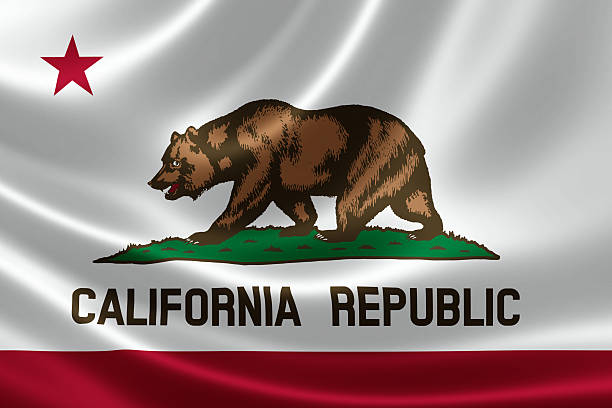California’s new law forces pharma to explain drug price rises

The state of California has passed a new law requiring pharmaceutical companies to notify it of price rises in advance – and offer an explanation of why they are necessary.
The new legislation was signed by Governor Jerry Brown on Monday, and is a major victory for US payers who want to put pharma under pressure for its US pricing policies.
The law requires companies to notify insurers and government health plans at least 60 days ahead of any planned price increase which exceeds 16% over a two-year period.
Companies will also be made to explain the reason for the increase, and the data will be available on a California state website.
“Californians have a right to know why their medical costs are out of control,” Governor Brown said at a signing ceremony at the state capital in Sacramento.
“This measure is a step at bringing transparency, truth, exposure, to a very important part of our lives.”
The law states that pharma companies must begin reporting the data in January 2019. However the law will face continued legal opposition from the industry.
US biotech industry association BIO said it would continue to oppose the Drug Price Reporting & Transparency Bill.
BIO’s executive vice president for public affairs Gary Andres commented:
“As the world’s leader in biopharmaceutical innovation, California is home to over 2,800 companies that employ a workforce of over 242,000 dedicated men and women focused on innovative solutions to improving human health and increased patient access to breakthrough medicines.
“The legislation the Governor signed into law seriously jeopardises the future of California’s leadership in this innovative industry. Despite its intent, this law will neither provide meaningful information to patients nor lower prescription drug costs.
“By ignoring the realities of biopharmaceutical development, Senate Bill 17 will delay or prevent future biopharmaceutical innovation by driving investment toward other industry sectors that are not burdened with this type of misguided government intrusion.”
Maryland leads
California is far from being alone in its efforts to force greater price transparency on the sector. Nevada is being sued by BIO and its pharma industry counterpart PhRMA over a very similar planned law.
Meanwhile in Maryland, a trade body representing generic manufacturers, the Association for Accessible Medicines, has challenged the state’s “price gouging” law.
However a judge in the state allowed this legislation to pass into law in late September. This is a blow for the lobby organisations, which have spent millions on campaigns opposing these laws.
While the industry looks set to maintain its opposition, polls suggest such measures have the support of the general public.
A survey conducted by the Kaiser Family Foundation in September 2016 found 82% of the public polled said they want Medicare to negotiate prices with the companies, something which federal law currently prohibits.
A further 78% favoured limiting the amount companies can charge for high-cost drugs, such as those that fight cancer or hepatitis, according to the poll. And more than two-thirds want to let Americans buy drugs imported from Canada.
Unlike many issues in healthcare, such as views on repeal of the Affordable Care Act, support was strongly in favour of these measures regardless of the respondents’ political allegiance.












